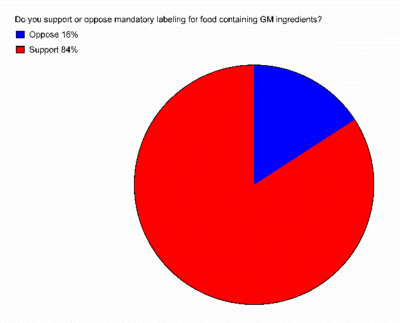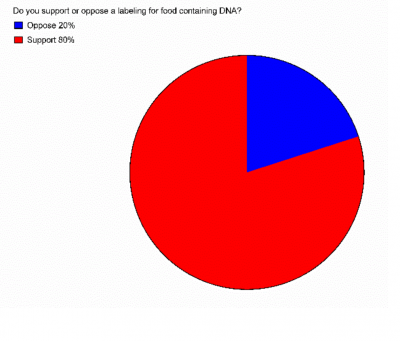Philadelphians laugh at the pathetic imitations of “Philly steaks” offered elsewhere for the same reason Texans laugh at barbecue made north of the Mason-Dixon line. And both groups are right to laugh. It just ain’t the same.
Every time I order up a mess of barbecue at a place like Rudy’s or County Line or Dick’s Last Resort I think to myself “Someday, one of these barbecue outfits has got to start offering decent bread. Their sales would go through the roof.” I’ve been waiting for the market to correct this problem for more than twenty years now — and it hasn’t happened. And thereby hangs a mystery.
The mystery is the curious persistence of regional food differences in a country with cheap transport and the best communications network in the world. There are places in the U.S. where you can reliably get really good bread — mostly the coastal metroplexes. There are places you can get real barbecue, in the heartland South and Southwest. And these zones just don’t overlap. (Yes, they have a gourmet-bread bakery in Austin. I suspect, if I went there, I’d find it a lot like the Chinese food in Ann Arbor — impressive to the locals, maybe, but only because their standards are so low.)
I could multiply examples. Sourdough bread — I’ve had it everywhere you can get it and it just doesn’t taste right outside of San Francisco. The East Coast versions are competent, but lack some subtle tang. Yeast strain? Something in the water? Who knows?
Cheesecake. There’s a good one. Anybody who has lived in New York won’t touch most cheesecake made elsewhere at gunpoint, and with good reason. Next to a traditional New-York-style baked cheesecake (the kind you can stand a fork in because it has the approximate density of neutronium) all others are a sort of pathetic, tasteless cheese gelatin. In this case the recipe is clearly what matters.
Or deep-dish pizza. Try to get that done right anywhere but Chicago. Good luck. Actually, the Philly/South Jersey area may be the only other part of the U.S.that can almost make this nut, and our thin-crust pizza is better. But why? Why don’t the good techniques go national and drive out the weaker competition?
The obvious answer would be that nationwide, tastes differ too much for one regional variant to dominate. But many cases there isn’t even any dispute about where the best variant comes from; the superiority of “New York style” cheesecake. for example, is so universally understood that restaurants elsewhere often bill their cheesecake that way even when it’s actually half-composed of “lite” garbage like ricotta or cottage cheese. Nobody who has ever tasted one doubts that Philly steaks are the acme of the art. And nobody — but nobody — who can get both passes up Texas barbecue for what they make in New Haven or Walla Walla.
So you’d think that the market would have propagated Texas slow-cooking, San Francisco yeast starters and the Philly steak roll all over the country by now. But some food technologies travel better than others, and some seem curiously unable to thrive outside their native climes. Cheesecake recipes may survive transmission relatively well, but the mysteries of good barbecue are subtle and deep. Pizzas rely on elaborate oven and dough-mix technology that probably tends to conserve regional variations simply because it’s too capital-intensive to mess with casually.
I’ve meditated on the matter and still can’t decide whether I think that’s a good thing or not. The approved thing for travel writers to do is wax lyrical about the wonderfulness of regional variety, as if it would somehow fail to be an improvement in the world if I could get decent bread with my barbecue. The hell with that kind of sentimentality; I’d rather have a better meal.
But there’s a point buried there somewhere — something that isn’t about the bread or the barbecue, but about what it feels like to sit in a dusty roadside joint like Rudy’s, surrounded by cases of Red Pop and overweight rednecks in tractor caps and checked shirts, with the food of the gods melting in your mouth, and thinking “Damn, this place is tacky, but I hope it lives forever.”
Eric S. Raymond, “The Non-Portability of Barbecue”, Armed and Dangerous, 2002-07-18.





